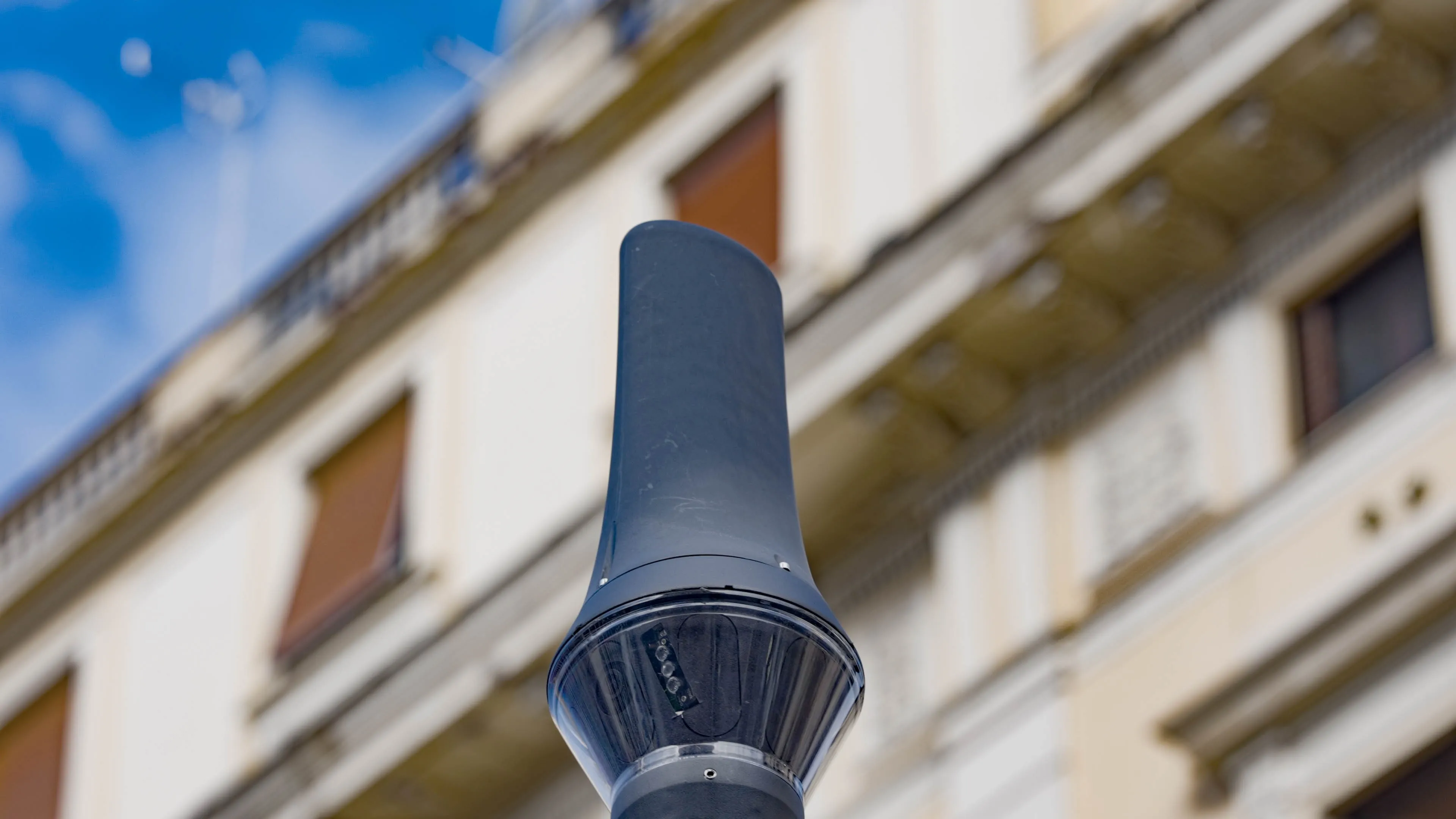New technology emerging from the ACT could drastically reduce the amount of time that drivers in Manuka, Canberra spend looking for parking spaces.
Australia’s ACT Government, in partnership with parking technology firm
The trial comprises of Smart Parking’s RFID-equipped SmartEye sensors, which use infrared technology to detect when a vehicle has occupied a parking space. The real-time parking space occupancy data is fed to the city’s ParkCBR parking availability app and five new dynamic LED on-street signs.
The trial will run alongside the ParkCBR app which can be accessed via smartphone devices to view a current picture of parking spaces nearby; once a space has been selected drivers will be given the option for GPS navigation and payment - meaning no more paper tickets or top-up trips to the meter.
Australian capital to trial smart parking technology
New technology emerging from the ACT could drastically reduce the amount of time that drivers in Manuka, Canberra spend looking for parking spaces. Australia’s ACT Government, in partnership with parking technology firm Smart Parking, has launched a 12 month trial of SmartPark, the real-time bay sensor parking solution, in the Canberra suburb of Manuka.
May 3, 2016
Read time: 1 min








